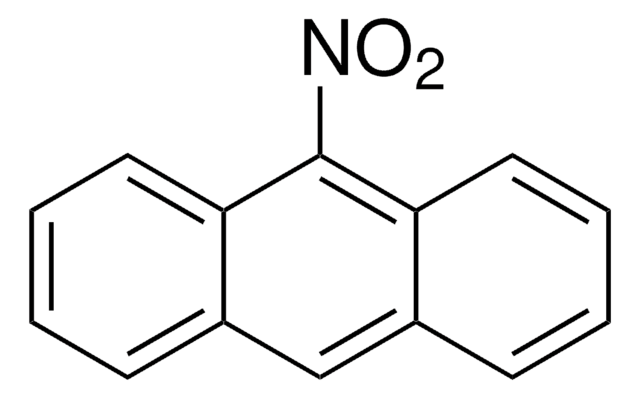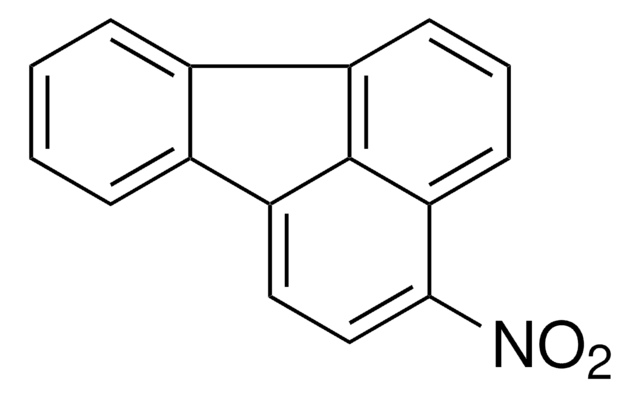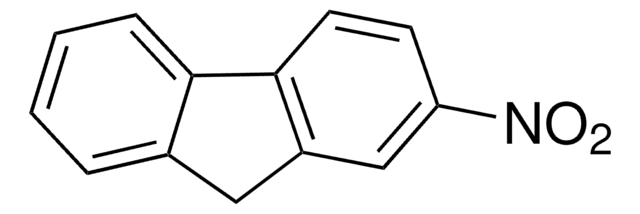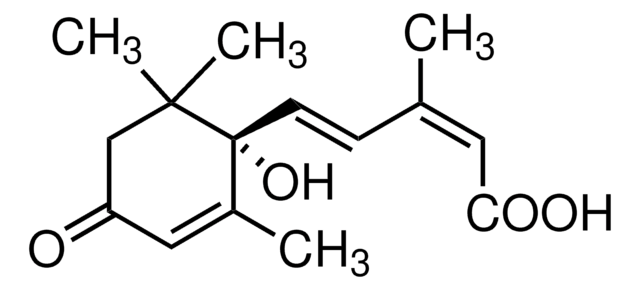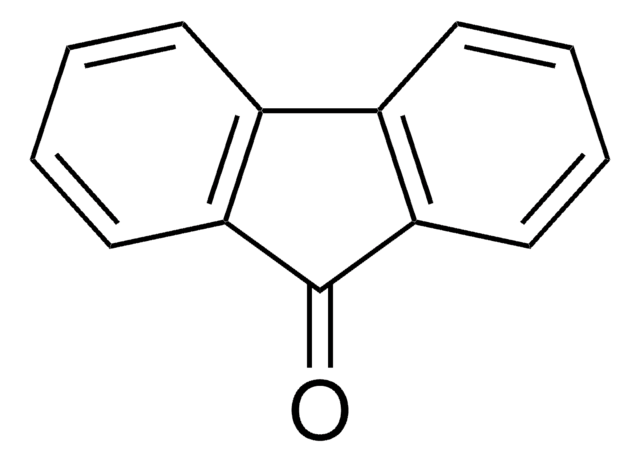BCR309
6-Nitrochrysene
BCR®, certified reference material
About This Item
Produits recommandés
Qualité
certified reference material
Agence
BCR®
Fabricant/nom de marque
JRC
Technique(s)
HPLC: suitable
gas chromatography (GC): suitable
Pf
220 °C (dec.) (lit.)
Format
neat
Température de stockage
2-8°C
Chaîne SMILES
[O-][N+](=O)c1cc2c3ccccc3ccc2c4ccccc14
InChI
1S/C18H11NO2/c20-19(21)18-11-17-13-6-2-1-5-12(13)9-10-15(17)14-7-3-4-8-16(14)18/h1-11H
Clé InChI
UAWLTQJFZUYROA-UHFFFAOYSA-N
Vous recherchez des produits similaires ? Visite Guide de comparaison des produits
Application
Remarque sur l'analyse
BCR309
Informations légales
Mention d'avertissement
Danger
Mentions de danger
Conseils de prudence
Classification des risques
Acute Tox. 4 Dermal - Acute Tox. 4 Inhalation - Acute Tox. 4 Oral - Carc. 1B - Muta. 1B
Code de la classe de stockage
6.1C - Combustible acute toxic Cat.3 / toxic compounds or compounds which causing chronic effects
Classe de danger pour l'eau (WGK)
WGK 3
Point d'éclair (°F)
Not applicable
Point d'éclair (°C)
Not applicable
Équipement de protection individuelle
Eyeshields, Gloves, type P3 (EN 143) respirator cartridges
Faites votre choix parmi les versions les plus récentes :
Certificats d'analyse (COA)
It looks like we've run into a problem, but you can still download Certificates of Analysis from our Documents section.
Si vous avez besoin d'assistance, veuillez contacter Service Clients
Déjà en possession de ce produit ?
Retrouvez la documentation relative aux produits que vous avez récemment achetés dans la Bibliothèque de documents.
Les clients ont également consulté
Notre équipe de scientifiques dispose d'une expérience dans tous les secteurs de la recherche, notamment en sciences de la vie, science des matériaux, synthèse chimique, chromatographie, analyse et dans de nombreux autres domaines..
Contacter notre Service technique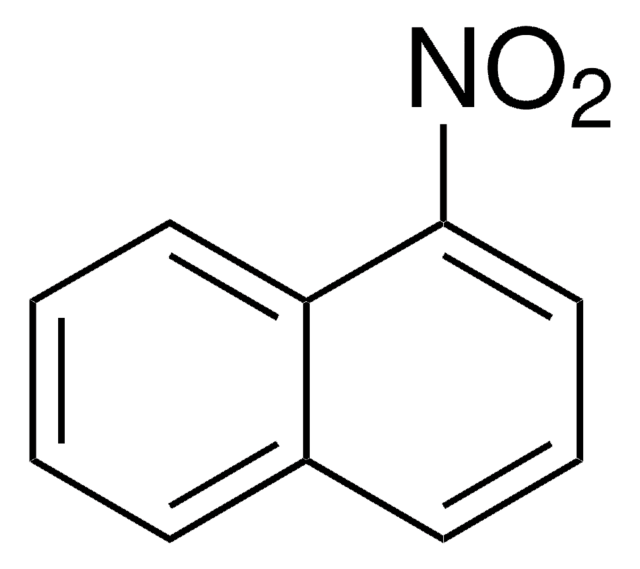
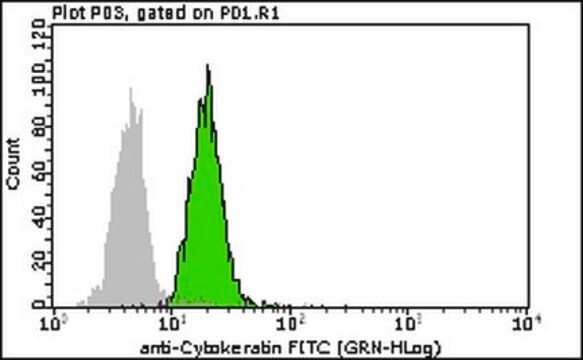
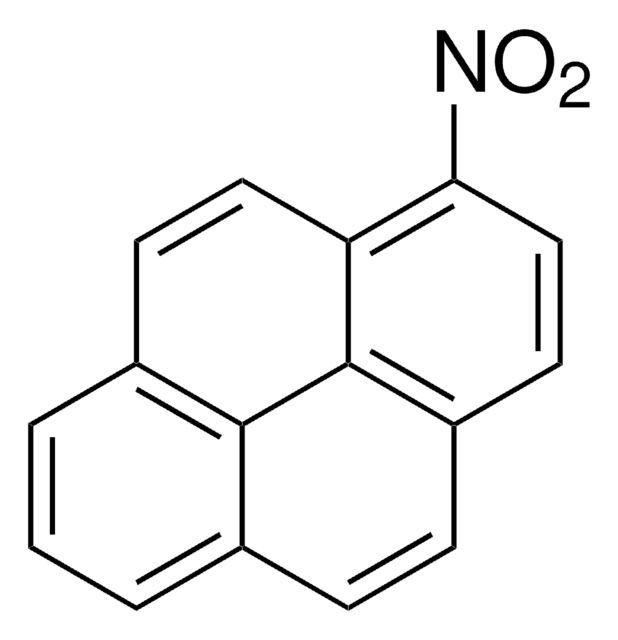

![6-Nitrobenzo[a]pyrene BCR®, certified reference material](/deepweb/assets/sigmaaldrich/product/structures/171/174/0d276831-8604-4a0e-96f0-36fe2fd87f0a/640/0d276831-8604-4a0e-96f0-36fe2fd87f0a.png)
